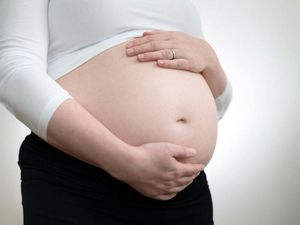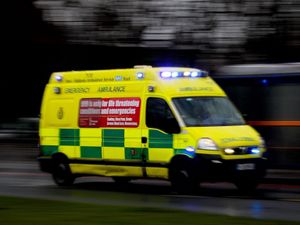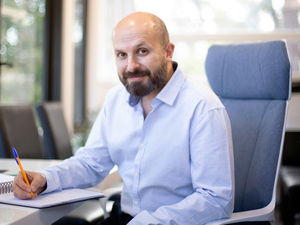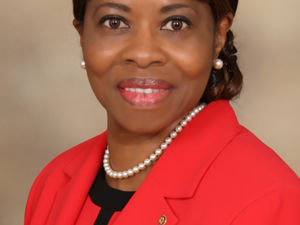Teenage pregnancy rates above national average in Walsall
Walsall is among the worst boroughs in the country for the number of teenage pregnancies, it has been revealed.

There were more than 150 teenage pregnancies in the borough in just one year, and despite significant reductions in recent years, conception rates amongst 15 and 17 year olds are still higher than national and regional averages.
Members of Walsall Council’s health and wellbeing board were presented with the statistics and told the town was in the top 20 local authority areas for teenage pregnancy, at a meeting on Tuesday night.
According to Office of National Statistics data, there were a total of 179 teenage pregnancy referrals in 2017.
Despite the high figure, this was a huge reduction on the previous year where there had been a total of 269 teenage pregnancies.
Postcode data showed that the WS3 area, which covers Bloxwich, Coalpool and Pelsall, had 60 referrals in 2017 – 16 less than the previous year.
The WS1 area, incorporating Caldmore and the town centre, was second highest with 32, a slight improvement on the 34 recorded in 2016.
The area with the lowest number of teenage pregnancies was WS8 – covering Brownhills and Walsall Wood – which had seven in 2017 compared with 24 the year before.
Further statistics also revealed that the average conception rate for 15-17-year-olds in Walsall was 30 per 1,000 females. The overall West Midlands rate is 20 per 1,000 while the national rate was slightly lower at 18.8 per 1,000.
This means Walsall is ranked 18th out of 323 local authorities for the highest conception rates for under-18s.
Between 1998 and 2016, under-18s conceptions had been reduced by 55.3 per cent.
The total number of schoolgirl pregnancies has also reduced from 46 conceptions in 2010/11 to 19 in 2016/17.
Among the Walsall under-18s conceptions in 2017, the percentage resulting in an abortion was 10.1 per cent, compared with 8.3 per cent nationally.
A report to the board said: “Teenage pregnancy is a cause and consequence of education and health inequality for young parents and their children.
“Despite significant progress over the last 15 years, a continued focus is needed.”
Esther Higdon, Walsall Public Health’s senior commissioning and programme development manager, said a number of successful strategies have been implemented to help address the issue.
This included Teens and Toddler programmes which see teenagers work with nurseries, where they have responsibility for looking after the children there and given an insight into parenthood.
She said they also work closely with ‘hot spot’ schools in areas where there is a likelihood of teenage pregnancy, promoting quality relationships and sex education.
Other programmes include supporting teenage parents to help them re-enter education or training to raise their aspirations.
The report said: “Walsall has done a great deal to reduce conception rates. We, however, need to do more to continue the downward trend and match our statistical neighbours who have done better and improved faster than ourselves.”
Councillor Rose Martin, cabinet member for adult social care, said: “I’m extremely pleased that the rates are coming down.
“I started the first teenage pregnancy strategy back in 2006 and I’m delighted it has progressed and has been very successful.”
By Gurdip Thandi
Local Democracy Reporter





